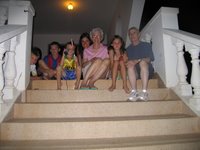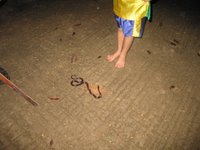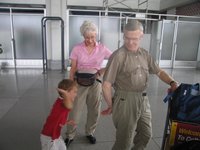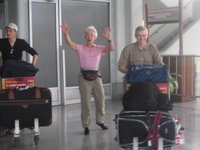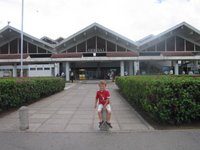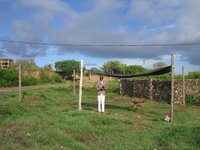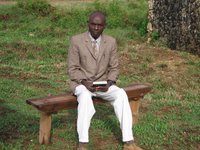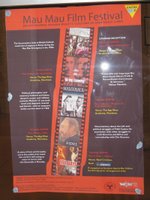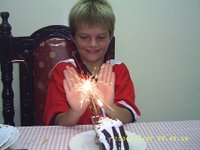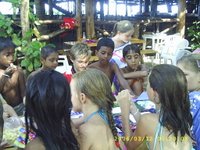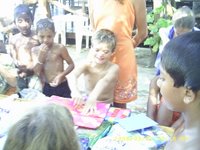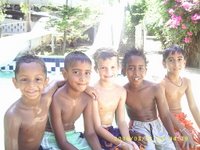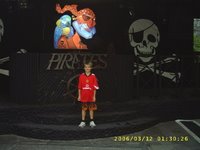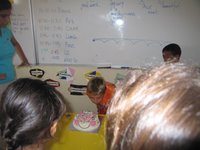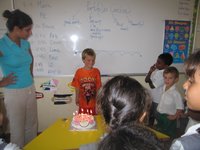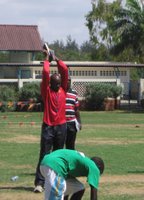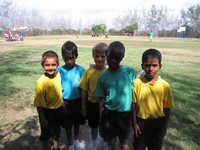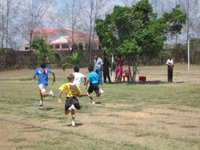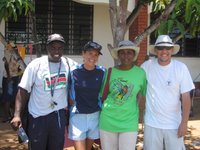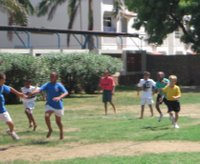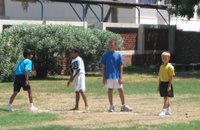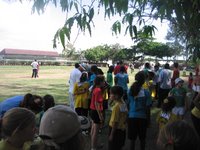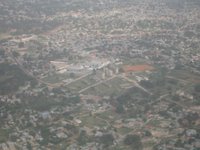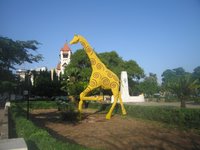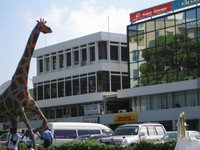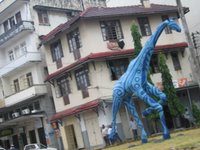The Village by the Sea - Authored Anita Desai Then there were birds flying out of the shadowy, soft-needled trees and the think jungle of palm tress, singing and calling and whistling louder than at any other time of the day. Flute-voiced birds swooped and cut through the air like dazzling knives that reflected the sun and birds that sang from the branches. Crow-pheasant called out in a coop-coop-coop in its deep voice. It was the voice of the village much as the roar of the waves and the wind in the palms.
In the silence of the late afternoon, with the tide out and the breeze still, they all heard a sound that was like a whisper or a sigh, a deep sigh uttered by the ocean itself. Then the sigh extended into a long rustling, rippling sound. It came from far out at sea. The ripple lifted itself out of the flat, dull ocean – a long, white line that lifted and rippled and rushed closer and closer to land till it dashed against the rocks in a shower of spray. The tide had turned. It was coming in now. Along with it came the evening breeze, fresh and cool and lovely.
Steps had been cut into the red, gravely soil of the hillside, making it easy to climb. As we brushed through the dry, golden grass that grew at the sides, we met a shepard coming down the hill with a herd of goats. His goats were black and white and chocolate brown and followed him in a cloud of dust, bleating and calling to each other.
